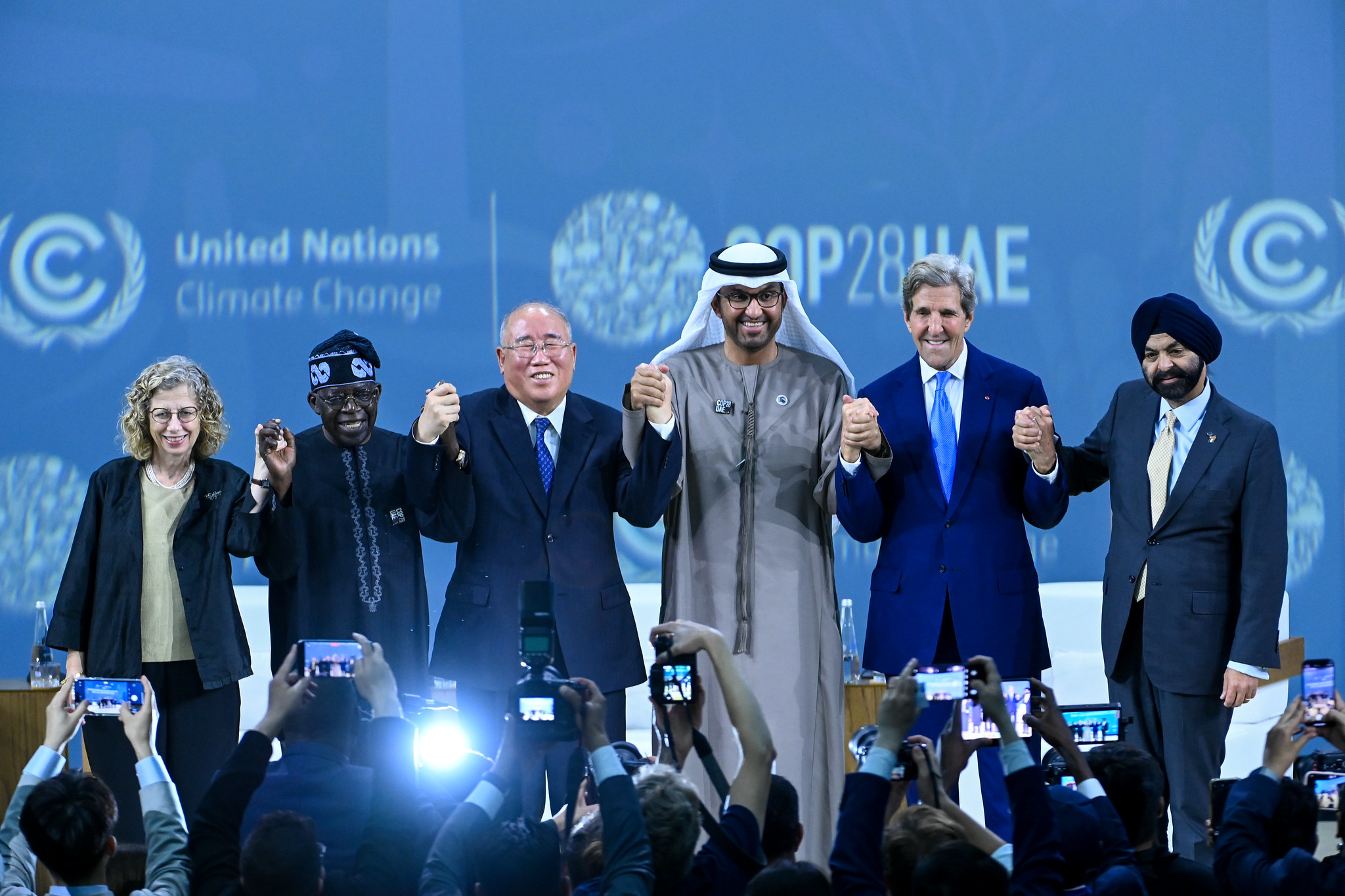Traditional approaches to international cooperation are insufficient to reach the objectives of the Paris Agreement. As a complement to the existing governance framework, innovative solutions must start happening, according to a new report “Innovative International Cooperation for Climate” published by the Deep Decarbonization Pathways (DDP) Initiative.
Many Global South countries already have plans, targets, and actions that are considered ambitious given their capacities but there is a need to accelerate their transitions to net-zero while also achieving their development objectives.
A critical innovation would be to put countries’ needs at the center of international cooperation processes. Country representation must be ensured from the start and at all stages of the design of cooperative solutions. And these solutions should be primarily designed to address gaps and mobilize opportunities to enable national low-carbon and resilient just transitions.
“Together, we can only achieve the Paris Agreement goal if all countries can do more. For Global South countries, taking more ambitious climate actions while pursuing development will largely depend on whether innovations in international cooperation allow to prioritize countries’ needs,” said Henri Waisman, director of the DDP Initiative.
Based on national analyses of deep decarbonization pathways in eight countries – Brazil, Colombia, France, India, Indonesia, Nigeria, Senegal, South Africa – the report proposes concrete innovations in international cooperation in three sectors.
The steel sector can profitably transform in a way that contributes to global deep decarbonization, supports local employment and industrialization in developing countries, and maintains competitiveness for current producers. This transformation can happen only under a revised approach to current distribution of incentives, international value chains and trade in primary steel production.
Changes to national freight transport such as producing goods more sustainably and closer to consumers, developing better railways and multi-modal infrastructures, and making rail services more competitive than road services all contribute to development and deep decarbonization. The report calls for lessons sharing on best policy making practices, directing international finance for industries and transport infrastructure, and changing commercial and trade agreements to make these changes happen.
The agriculture and land use sector must take into account objectives around mitigation, adaptation and resilience, biodiversity, food security and rural livelihoods. This holistic approach requires improving the governance of the land use system, promoting lessons sharing on policies and their implementation, and implementing new finance mechanisms and trade arrangements to encourage the restoration of degraded forests or pastures, the adoption of sustainable agricultural practices and more diversified land uses such as agroforestry.
“We need innovative international cooperation to meet the goals of the Paris Agreement. COP28 must send a clear political signal and catalyze technical and organizational changes, in all sectors and all countries. It is a question of trust and confidence between North and South, and a matter of efficiency for the fight against climate disaster,” said Sebastien Treyer, Executive Director of IDDRI.
The DDP initiative is a project of the Institute for Sustainable Development and International Relations. Download the full report here: https://ddpinitiative.org/ddp-annual-report-2023/
Media Only Contact: Renee Karunungan, renee.karunungan@sciencespo.fr
*Photo by UN Climate Change via Flickr licensed under Creative Commons
